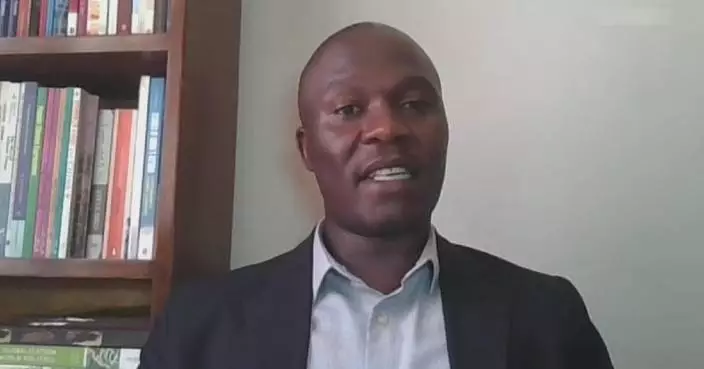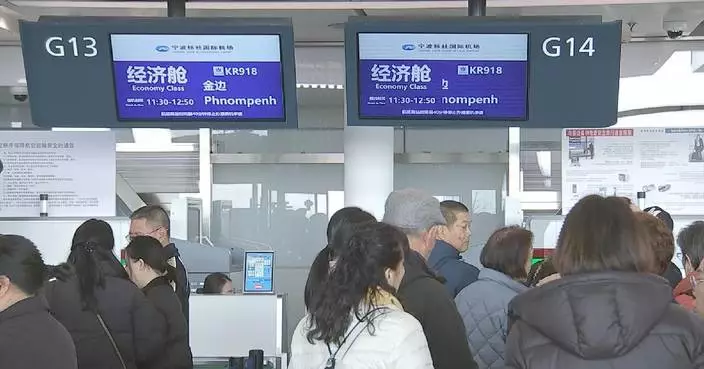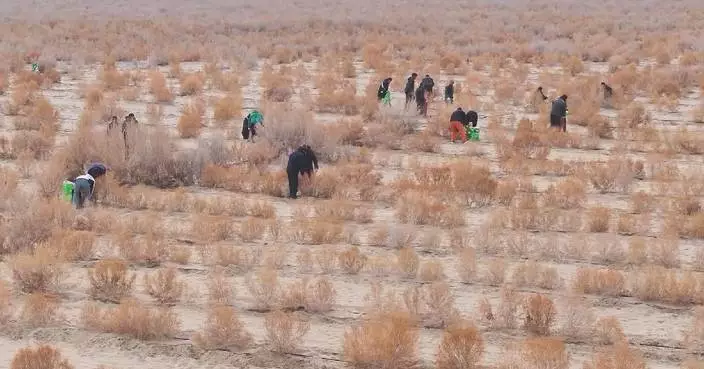The former president of the European Commission has warned of a worrying increase in cybercrime amid rising geopolitical tensions, emphasizing the importance of global cybersecurity cooperation.
Jose Manuel Barroso made the remarks in an interview with China Global Television Network (CGTN) at the just-concluded two-day Global Cybersecurity Forum, held Thursday in Riyadh, Saudi Arabia, where global experts and industry professionals have gathered to advance collective action in cyberspace and the realms beyond.
Barroso steered the EU through turbulent times during his decade of leadership, from the global financial crisis to the emergence of new geopolitical challenges. At the forum, he provided his seasoned insight on cybersecurity in the increasingly complex international landscape.
"The reality is that cybercrime is increasing. Not only is cybercrime increasing because of the development of the new tools, including technological tools, but also, to be honest, the geopolitical situation nowadays is more fragmented, more polarized than it was, let's say one, two or more years ago," he said.
The former EU leader encouraged countries around the world to take a realistic view of the challenges at hand while still embracing constructive partnerships.
"Competition is unavoidable, cooperation is indispensable. If we want to be intellectually honest, we have to accept that competition between countries, let's be honest, between the United States and China, it's going to increase. I don't believe it's going down. At the same time, it's better to talk than to fight. When it comes to some areas, we have to recognize them as global public goods and not just national interests -- global public goods, for instance, fighting climate change. Cybersecurity, I'm afraid that it's so much linked with national security matters that it's going to be more difficult to cooperate. But we should nevertheless make an effort to keep a dialogue even when we disagree," he said.
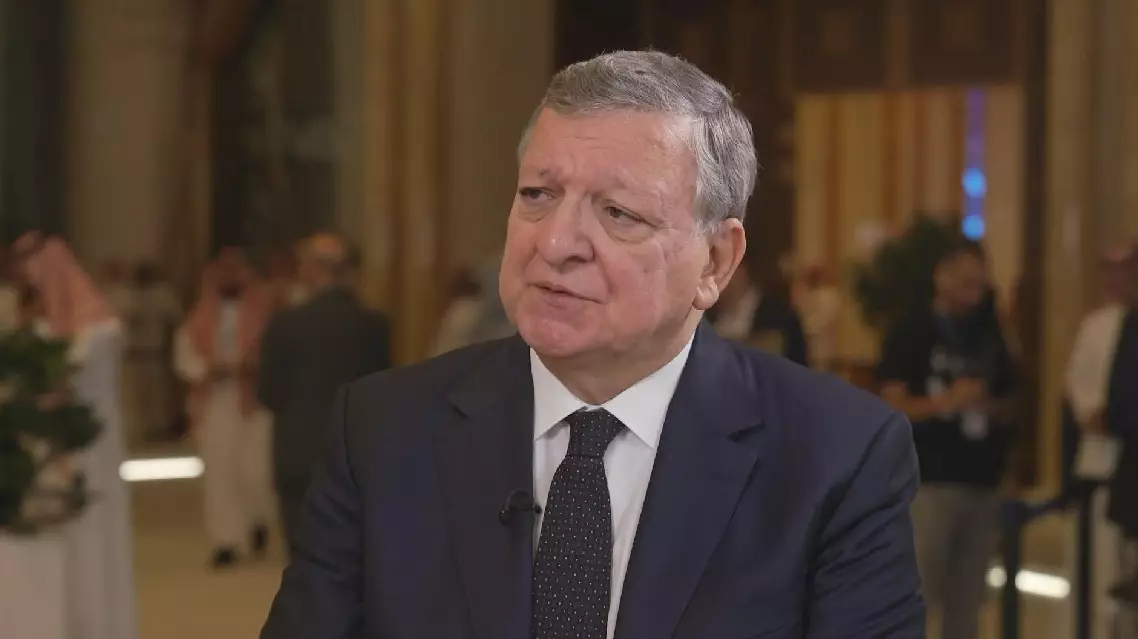
Former EC president calls for heightened cooperation in global cybersecurity
To meet the timeline of starting independent customs operations by the end of 2025, the government of south China's Hainan province issued a series of regulations to stipulate import and export management of Free Trade Port (FTP), with two major documents on environmental safety and medicine import put into effect recently.
To further explain the effects and scope of the two documents, the local government held press conferences on Monday and Tuesday.
The "Several Provisions on the Management of Entry Environmental Safety Access in the Hainan Free Trade Port" took effect on Wednesday, which clarified the scopes and responsibilities regarding potential environmental issues of vessels and import products.
"The document regulates the access management of special items such as hazardous waste, remanufactured products, carry-on items of entry personnel, and radioactive materials. Meanwhile, it clarifies that the storage sites for transit goods should meet environmental safety management requirements, to avoid environmental pollution," said Di Weijie, deputy director of the Department of Ecology and Environment of Hainan Province.
In addition, the administrative rule on zero-tariff import of medicines and medical devices in Hainan Free Trade Port was put into effect on Tuesday, stipulating that before Hainan FTP starts independent customs operations, medical institutions, higher medical education institutions, and pharmaceutical research institutes registered in the Hainan's Boao Lecheng Pilot Zone with independent legal status and approved eligibility can import designated pharmaceuticals and medical devices under the zero-tariff policy.
"The scope [of medicines and medical devices imported under 'zero-tariff' policy] consists of two categories: imported pharmaceuticals and medical devices already approved for registration in China, and specially licensed pharmaceuticals and medical devices for the Boao Lecheng Pilot Zone," said Jia Ning, director of Hainan Boao Lecheng International Medical Tourism Pilot Zone Administration, during the press conference.
With policy supports and related efforts like the Ever Lasting International Innovation Medicine Exhibition held in the Boao Lecheng Pilot Zone, medicine and health care is expected to be a new pillar industry for Hainan.
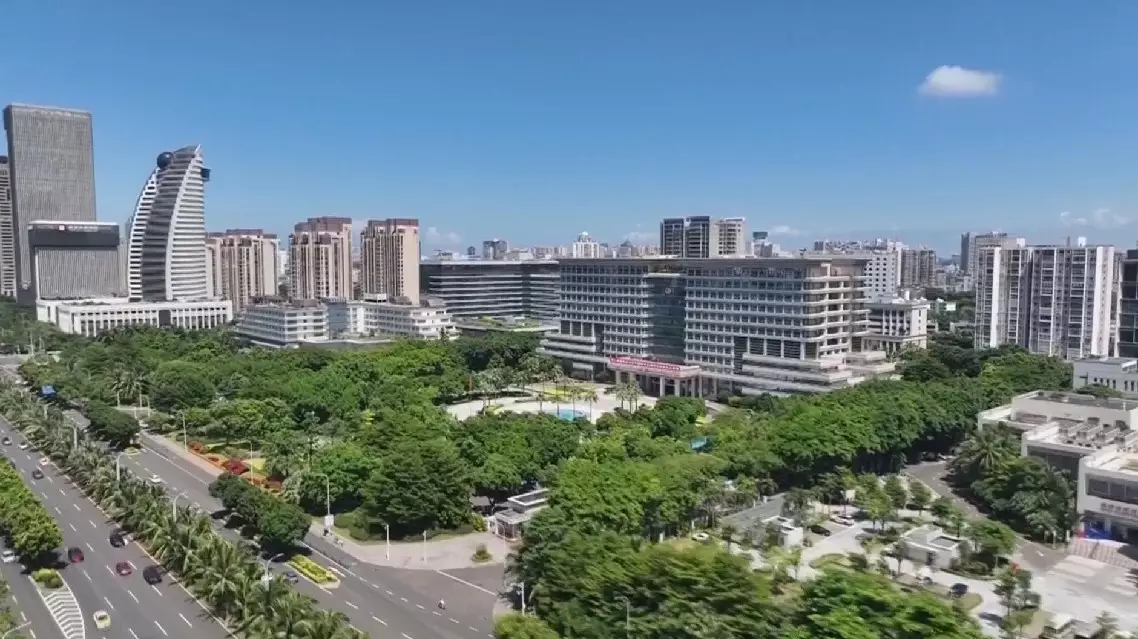
New regulations clarify environment, medicine import issues in Hainan Free Trade Port







